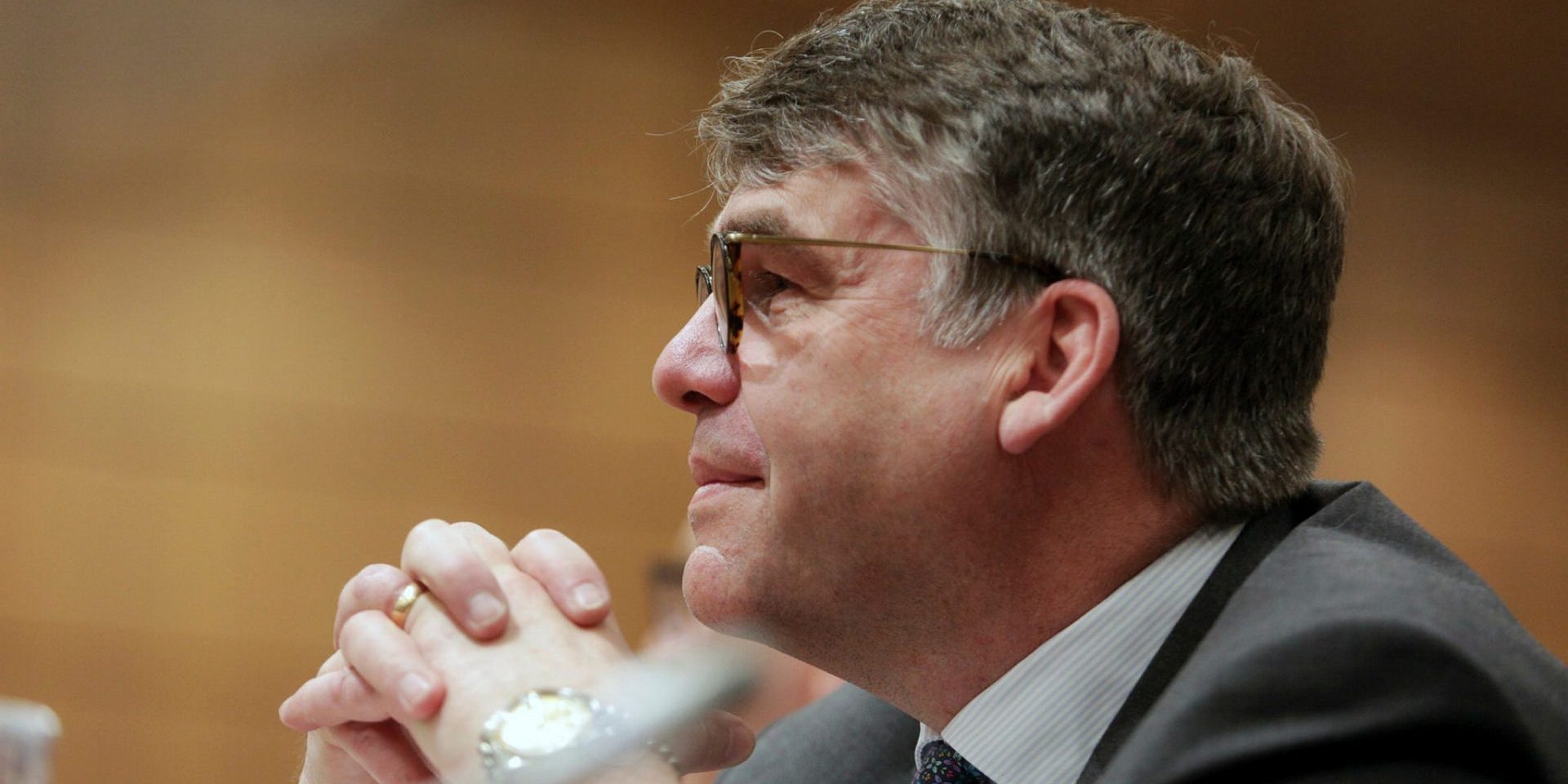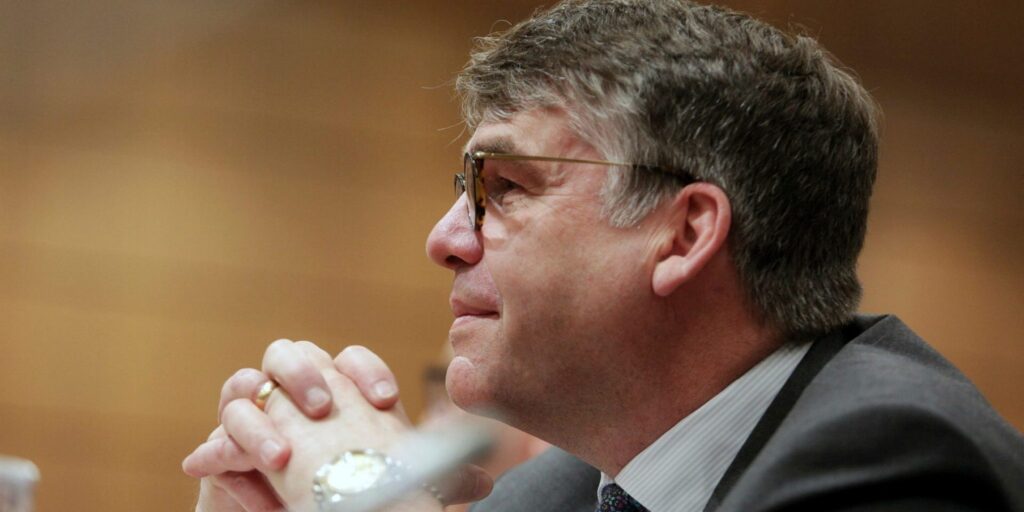Hannaford Launches Existential Discussion on Government’s Role in the 21st Century

October 31st, 2024
There will likely be a change in government in the near future, and a new laser focus on fiscal restraint. This will undoubtedly drive a conversation on the role of government: what should it be doing, and what can be better—and more cost-effectively—done by others?

Privy Council Clerk John Hannaford. As the idea of public service as a ‘vocation’ slips away, perhaps talk of ‘values’ needs to be complemented by talk of the ‘value proposition’ for Canadians of maintaining a large, expensive public service, writes Lori Turnbull. The Hill Times photograph by Andrew Meade
By all objective criteria, the Clerk of the Privy Council is one of the most important jobs in the country. It is a venerable position that has existed since Confederation. Yet, ask most Canadians outside the “Ottawa bubble” who the Clerk is and what they do, and the question will likely be met with a shrug.
The Clerk fulfills three distinct roles. They are the Prime Minister’s Deputy Minister – his or her closest and most trusted civil servant providing impartial and (ideally) frank advice. They are the Cabinet Secretary, responsible for ensuring that the Cabinet decision-making system functions and that political direction is translated into action. They are also, by law, the “Head of the Public Service”, a nebulous designation which gives them a degree of responsibility for the health and well-being of Canada’s largest and most diverse workforce (~300,000 employees in the core public administration).
Ultimately, most Clerks find themselves concentrating primarily on the first two roles – fighting fires, moving paperwork and trying desperately to keep their boss out of trouble. It is often an unenviable and all-consuming job – and as far removed from the stereotypical “public service 9 to 5” as one could imagine. Often, time constraints dictate that the public service management dimension takes a back seat (or is delegated to a trusted subordinate).
Despite this fact, successive Clerks, as heads of the public service, have often tried to address the challenges of the times. In the late 1990s, Jocelyne Bourgon established “La Relève” which sought to address the “quiet crisis” of a demoralized workforce. More recently, Clerks launched Blueprint 2020 and Beyond 2020 – exercises that ultimately came up short on delivering on breathless promises to transform government. The current Clerk, John Hannaford, is continuing this tradition. In his case, the focus is not on improving HR management processes or modernizing the workplace, but rather something more fundamental: he wants to reflect on what it means to be a public servant. For this he is to be applauded – it is a timely and relevant conversation.
Mr. Hannaford is widely respected and has a reputation for getting things done. In many respects, he has his work cut out for him as he launches an existential discussion on the role of government in the 21st century. Where a generation ago, the late Ken Kernaghan, Canada’s foremost scholar on public service ethics, could write about public service as a vocation, many (within the both the general public and the public sector workforce itself) increasingly conceive of working for the government as little more than a (good) paycheque. There is increasingly little consensus on what it means to be a public servant
This is unfortunate. Study after study at the international level has confirmed that a fundamental component of national prosperity and success is the presence of a professional and talented public service. Public discussions on the civil service in Canada too often focus exclusively on issues of size and cost. This distracts from the broader dialogue about the need for an effective, efficient, and skilled public service – regardless of whether it is big or small. It is in the national interest that Canada has a professional civil service that can attract and retain talent and is focused on its overarching purpose: to serve Canadians and build a more prosperous country.
Thus far, much of Hannaford’s efforts on values and ethics have discussed the interface between the public service and politicians. He has reminded public servants that they need to “loyally implement”. This makes sense – many public servants have only known a Liberal government and will no doubt find a shift to a Conservative one jarring. He has also focused on issues such as workforce behaviours, the need to continue to advance an ambitious diversity and inclusion agenda and addressing mental health.
But this cannot be the whole conversation. It is simply too inward-looking. There will likely be change in government and a new laser focus on fiscal restraint. This will undoubtedly drive a conversation on the role of government – what should it be doing and what can be better (and more cost-effectively) done by others? This conversation is already taking place in the provinces where public service jobs are being outsourced to companies like Staples As the idea of public service as a “vocation” becomes more elusive, the emphasis on “values” needs to be balanced by an equally vigorous discussion of the “value proposition” for Canadians of maintaining a large, costly public service.